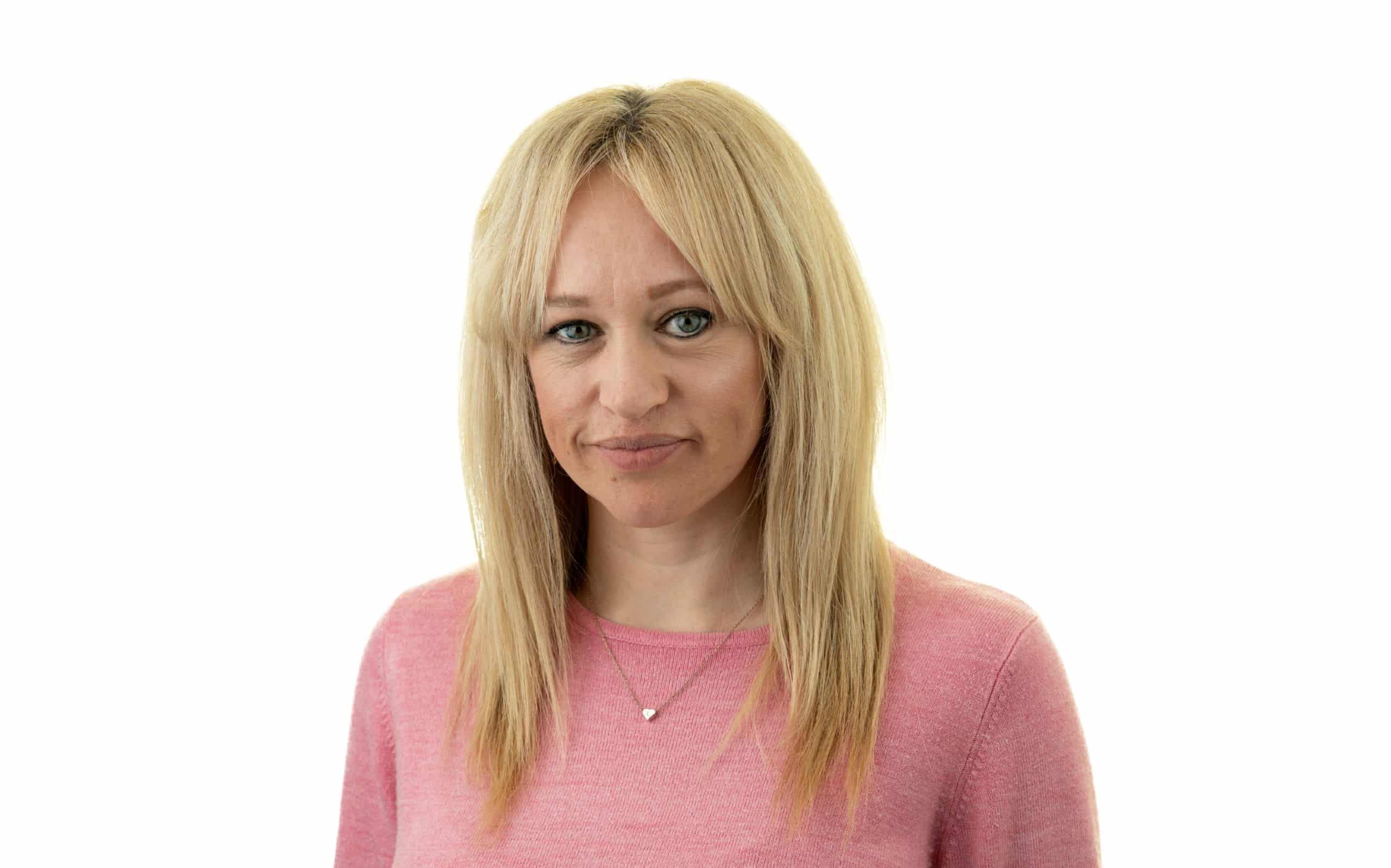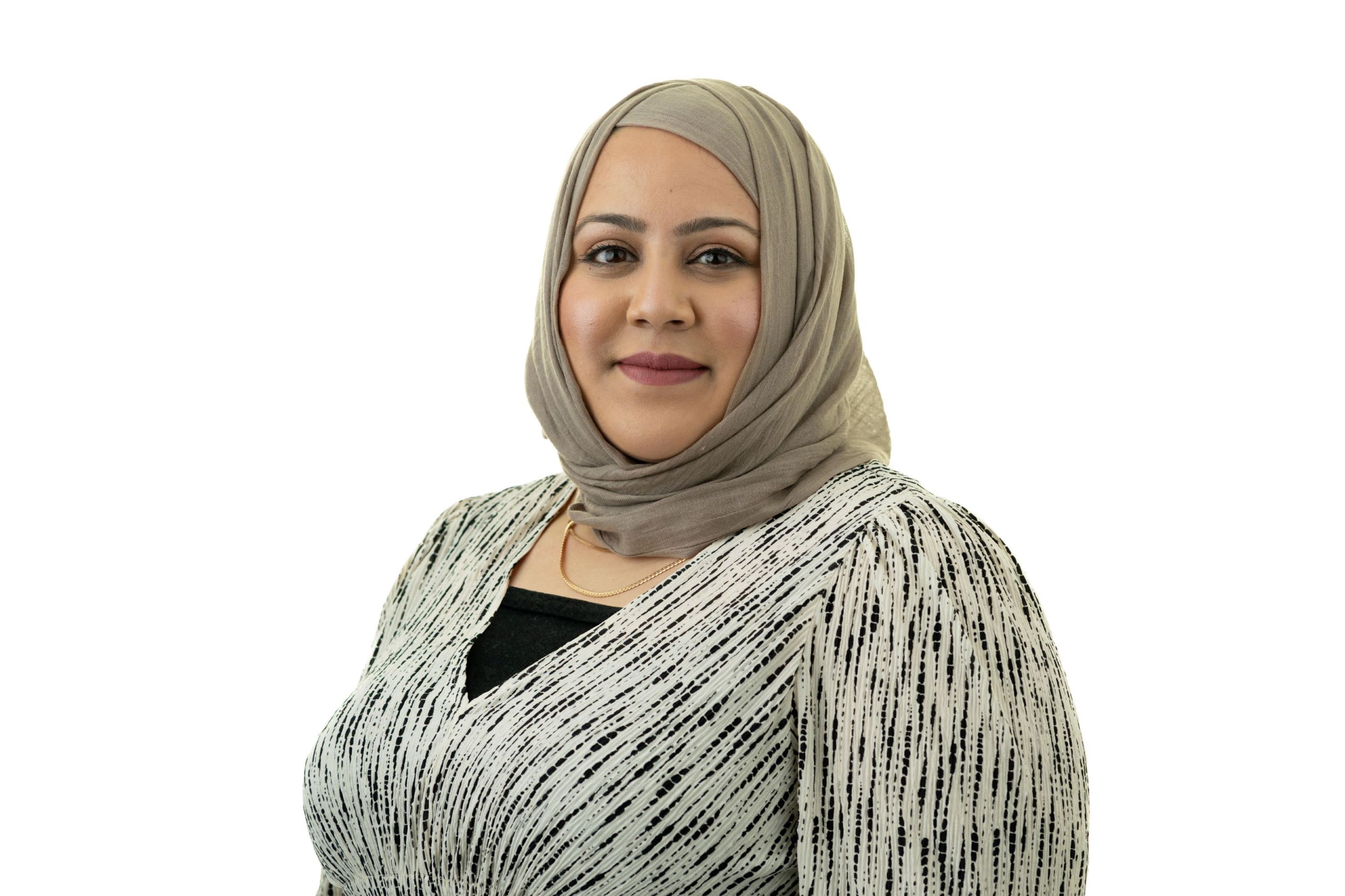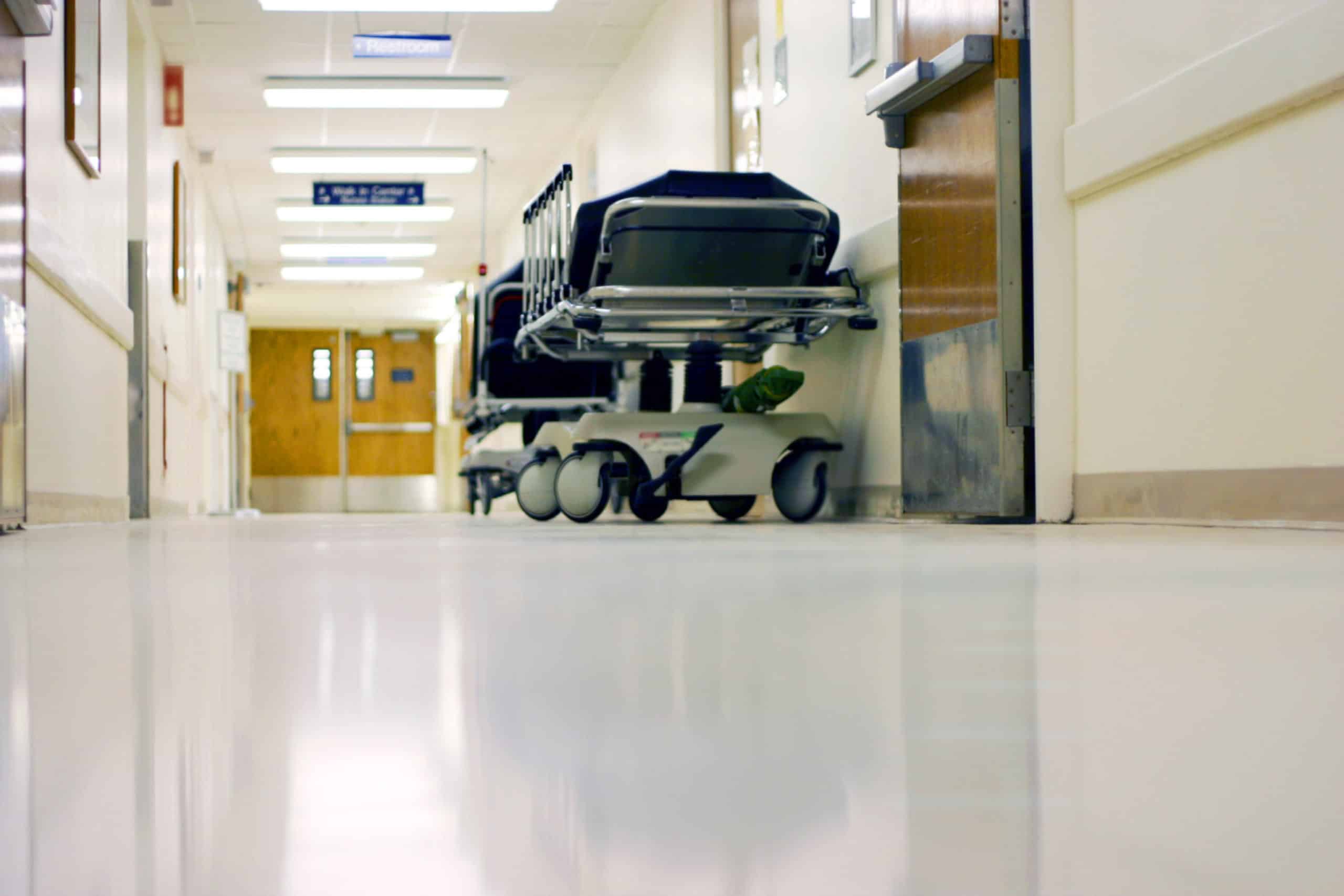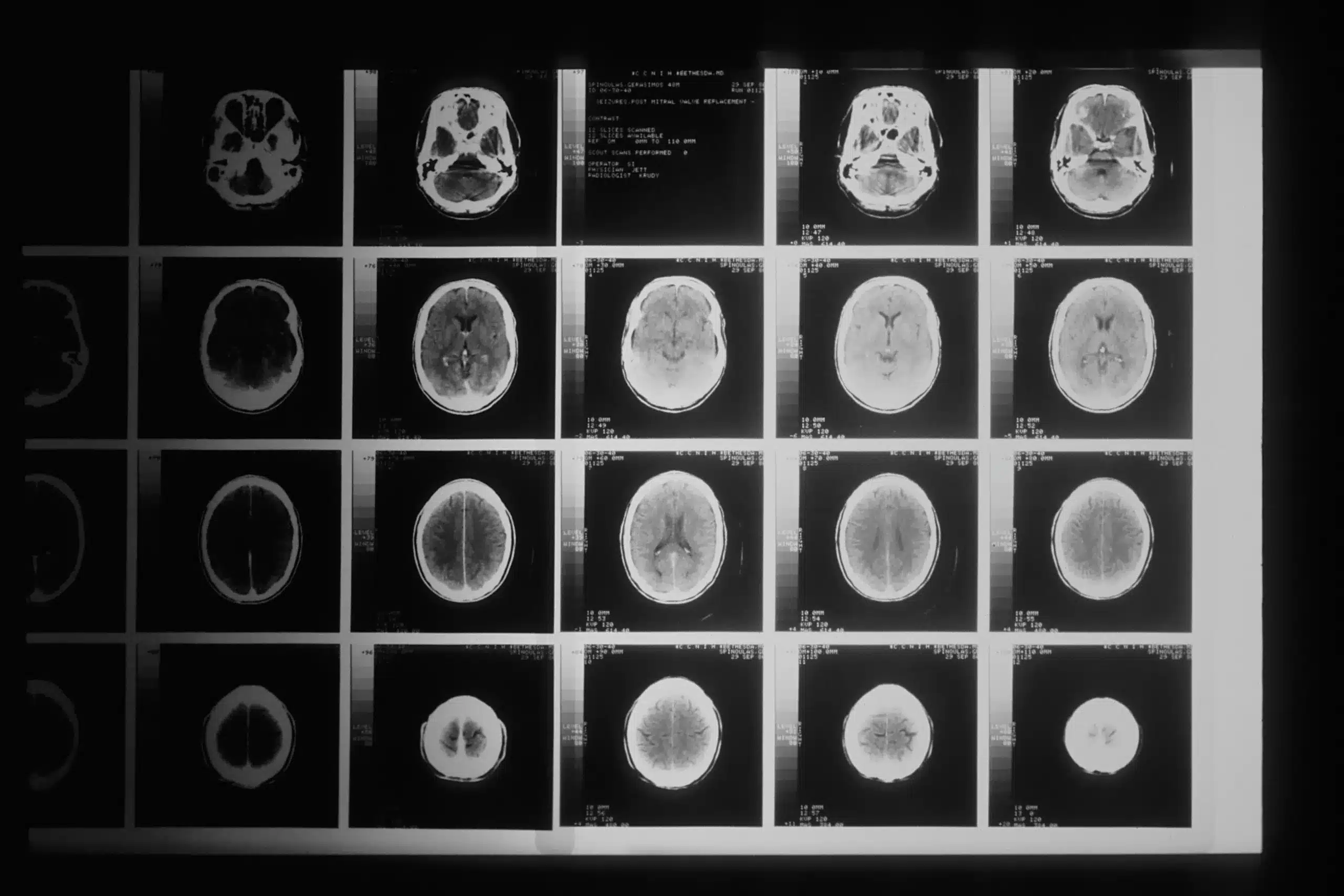
 " alt="">
" alt="">
Cerebral Palsy Claims

Reviewed by
Peter Rigby - Director of Medical Negligence
We've got your Cerebral Palsy Claim covered
- No win No fee
- Not just lawyers - real specialists
- No obligation
- UK's highest-rated medical negligence solicitors
Cerebral Palsy Claims
Cerebral palsy is the most common motor disability in childhood and is often caused by brain damage which can be triggered before, during and shortly after pregnancy and childbirth. If you or your child has cerebral palsy that was caused by the negligence of medical professionals, our specialist solicitors can assist and guide you towards a possible compensation claim.
Making a Cerebral Palsy Claim
Not every case of cerebral palsy is due to medical error. However, when cerebral palsy was the result of medical negligence, it can be devastating to know it could have been avoided. Our medical negligence solicitors are experienced in identifying whether a medical professional is liable and can advise you if you have grounds to claim compensation on a No Win No Fee basis. They will guide you through the process by:
- Telling you if you are able to make a cerebral palsy claim
- Identifying the failings that led to your child’s cerebral palsy diagnosis
- Explaining much compensation you may be awarded
- Taking care of the entire process for you
Find out if you
have a claim
Take the 10-second claim test
Free Advice
03300 080 352
claim form
We're the highest-rated No Win No Fee medical negligence solicitors on Trustpilot
What is a Cerebral Palsy claim?
Cerebral palsy is a neurological condition affecting balance and movement. It is caused by brain damage, often during pregnancy or childbirth. For some children, the condition is barely noticeable, however, in some cases, children may require constant care as cerebral palsy can affect mobility, cognition, bladder and bowel movements.
In the UK, it is estimated that 1 in 400 babies are born with cerebral palsy which is approximately 1700 children per year. Some of these cases cannot be prevented. However, some incidents are a result of medical delays or errors occurring during pregnancy and birth. In these cases, cerebral palsy happens because medical professionals have failed in their duty of care. This is considered to be medical negligence. If this has happened to you and your child, you can contact our team to find out if you can make a cerebral palsy claim.
How do I know if I can make a claim?
Cerebral Palsy can be the result of negligent acts or errors made by a health practitioner. We have helped many people win their cerebral palsy negligence claims. Examples of medical negligence that can lead to brain damage and a cerebral palsy diagnosis include:
- Untreated or poor treatment of a bacterial or viral infection which could lead to sepsis
- Failure to act adequately at signs of foetal distress
- Delays in performing a caesarean section resulting in a lack of oxygen
- Failure to diagnose or monitor meningitis or jaundice after the child is born.
- Inadequate usage of forceps during childbirth.
There are some cases in which health professionals are not deemed liable for the development of cerebral palsy. If you are unsure if the cause of cerebral palsy is due to medical error, contact our team to find out whether you have a claim and learn how we can guide you through the claims process.
How can compensation help after a Cerebral Palsy diagnosis?
Compensation for successful Cerebral Palsy claims will consider the individual’s requirements throughout their lifetime. It will include provisions to provide financial aid and to fund treatments and care such as:
- Speech and language therapy
- Loss of earnings including future earnings
- Physiotherapy
- Safe and supportive accommodation
- Assistive equipment to make life easier
The demands of caring for a child with Cerebral Palsy will be intensive and possibly lifelong. This is why we strive to get the maximum amount of compensation possible, to help you with this care.
Why choose Patient Claim Line for your Cerebral Palsy claim?
With over 30 years of experience in medical negligence, and as brain injury specialists, we have the expertise to handle all aspects of your cerebral palsy claim. Our experienced network of case managers is here to advise you on any questions you may have, whether that’s regarding the case, or simply if you would like advice on supporting a loved one with cerebral palsy. Our case managers can also recommend the top-quality rehabilitation centres and therapies available, from physiotherapy to psychological support.
No Win No Fee Cerebral Palsy Claims
We operate on a strict No Win No Fee basis. This means that from the first enquiry you do not need to pay a penny up front. We will cover insurance fees, costs to access medical records and any other fees until your case is won. In some cases, we can also apply for an interim payment. This is a pre-payment of funds for necessary items such as assistive equipment and, sometimes, even new and safe accommodation. We are here to make the claims process as straightforward and stress free as we possibly can, so that you can access the help you need as quickly as possible.
Why Choose Patient Claim Line for your Cerebral Palsy Claim?
Not just lawyers — medical negligence experts
Patient Claim Line was established in 2014 and consists of a team of medical lawyers specialising in cancer negligence and general medical negligence claims.
At Patient Claim Line we have more than 100 solicitors with a combined experience of over 400 years and they will work on your behalf to achieve the best result possible for you.
It’s not enough to use a solicitor who sometimes covers medical negligence. You need someone who knows this area through and through. That is what the solicitors here at Patient Claim Line do. They deal exclusively in this area of law and are experts in the field.
Frequently asked questions about Cerebral Palsy Claims
Our expert legal team answer your questions about making a Cerebral Palsy Claim
You can start the process of making a cerebral palsy claim by contacting a medical negligence lawyer as soon as you can. They will be able to tell you if you have grounds for a claim. You can then choose whether to go ahead and pursue compensation. If so, your lawyer will handle everything for you, only asking for supporting documentation where necessary and guiding you through each step.
As with most medical negligence claims, there is a standard time limit of three years from the date of knowledge in which the individual reasonably became aware that their condition or injury was caused by the negligence of medical professionals. If you or the individual the error happened to were under the age of 18 when the injury occurred, you have a time limit of three years from your 18th birthday (before your 21st birthday) to make a claim.
As with most medical negligence claims, there is a standard time limit of three years from the date of knowledge in which the individual reasonably became aware that their condition or injury was caused by the negligence of medical professionals. If you or the individual the error happened to were under the age of 18 when the injury occurred, you have a time limit of three years from your 18th birthday (before your 21st birthday) to make a claim.
Cerebral palsy compensation can reach millions of pounds. This is because some cases are so severe that the child is unable to live independently and round the clock care will be needed. Some cases of cerebral palsy are less severe, so compensation amounts will vary according to each case and the impact the condition has had, and will have, on the child and their family.
What information do I need to provide to support my claim?
You may need to provide proof of earnings and any financial losses that you have incurred following the cerebral palsy diagnosis. This will include things like travel costs, paying for family to care for dependants and any medical equipment you have had to buy. Experienced medical negligence solicitors are able to access medical records and gather all other evidence and information from everyone involved in your cerebral palsy case.
Meet our Cerebral Palsy Team
Case Study
Vincent's Story
"He's always there for us"
At the age of 2 we noticed our son Vincent had trouble with his hearing. We had this testing over a number of years and were repeatedly told there was nothing wrong.
Initially we thought this was a speech and language problem, this wasn't the case. It took 4 to 5 years of assessments, with the constant response that there was nothing wrong with his hearing. A different test was them carried on Vincent overnight where it was found he was profoundly deaf.
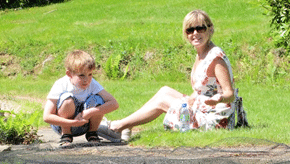
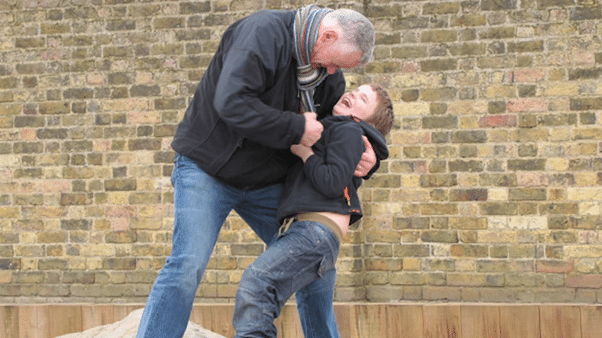
After years of frustration we were finally able to provide Vincent with the support he required and received an implant. This has enable Vincent to be able to hear. The support from our solicitors has enabled to to gain access to specialist which have supported Vincent in closing the gap in his speech he lost out on to his peers.

